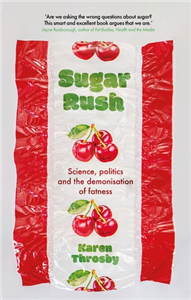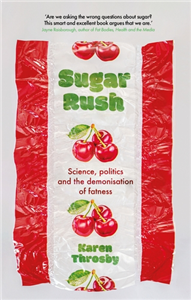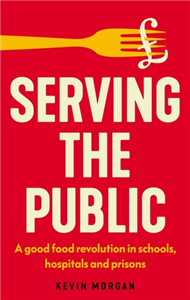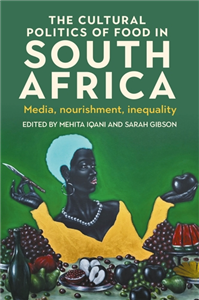Religion, regulation, consumption
Globalising kosher and halal markets
by John Lever, Johan Fischer
This book explores the emergence and expansion of global kosher and halal markets with a particular focus on the UK and Denmark. Kosher is a Hebrew term meaning "fit" or "proper" while halal is an Arabic word that literally means "permissible" or "lawful". This is the first book to explore kosher and halal comparatively at different levels of the social scale such as individual consumption, the marketplace, religious organisations and the state. Kosher and halal markets have become global in scope and states, manufacturers, restaurants, shops, certifiers and consumers around the world are faced with ever stricter and more complex kosher and halal requirements. The research question in this book is: What are the consequences of globalising kosher and halal markets?



















